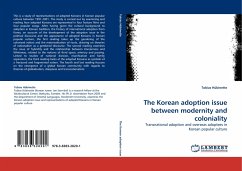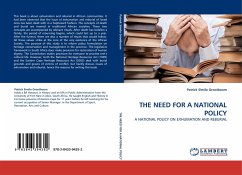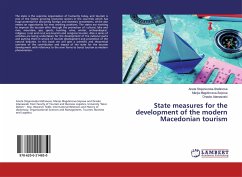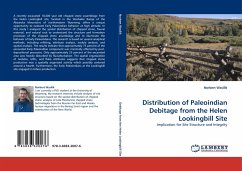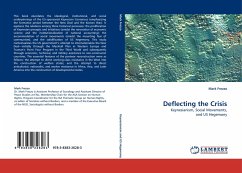
Deflecting the Crisis
Keynesianism, Social Movements, and US Hegemony
Versandkostenfrei!
Versandfertig in 6-10 Tagen
45,99 €
inkl. MwSt.

PAYBACK Punkte
23 °P sammeln!
This book elucidates the ideological, institutional, and social underpinnings of the US-sponsored Keynesian Consensus (emphasizing the formative period between the New Deal and the Korean War). It explores the relations among three historical processes: the proliferation of Keynesian precepts and initiatives (amidst the renovation of economic science and the institutionalization of national accounting); the accommodation of social movements (amidst the mounting fear of communism); and the solidification of US hegemony. This study contextualizes the US government s attempt to internationalize t...
This book elucidates the ideological, institutional, and social underpinnings of the US-sponsored Keynesian Consensus (emphasizing the formative period between the New Deal and the Korean War). It explores the relations among three historical processes: the proliferation of Keynesian precepts and initiatives (amidst the renovation of economic science and the institutionalization of national accounting); the accommodation of social movements (amidst the mounting fear of communism); and the solidification of US hegemony. This study contextualizes the US government s attempt to internationalize the New Deal initially through the Marshall Plan in Western Europe and Truman s Point Four Program in the Third World and subsequently through economic, technical, and military assistance to non-communist countries. The essential features of the postwar reconstruction were as follows: the attempt to direct working-class resistance in the West into the construction of welfare states; and the attempt to direct anticolonial, nationalist, and worker resistance in Africa, Asia, and Latin America into the construction of developmental states.






